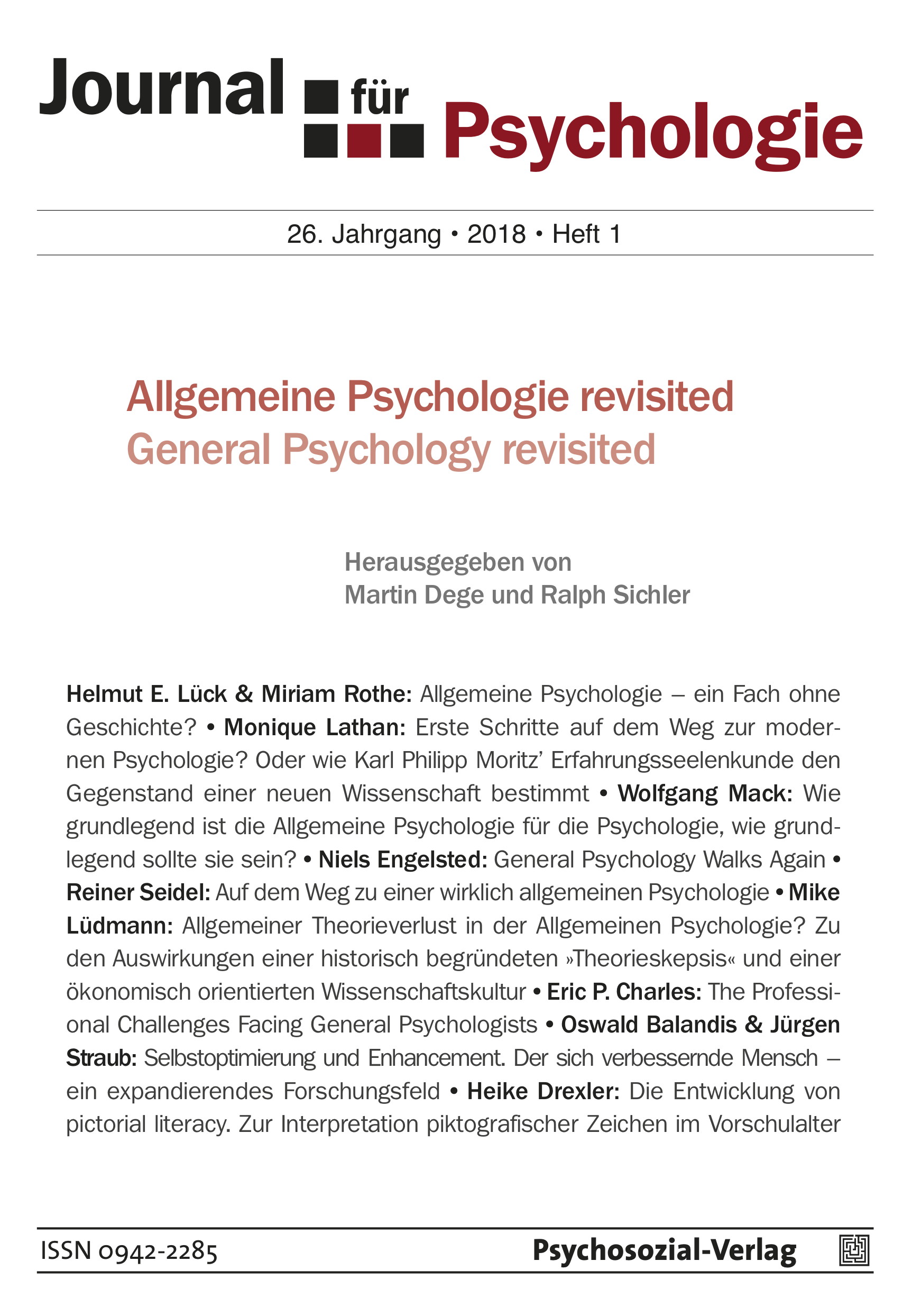The psychiatry from the (ex‑) patients’ view – a qualitative-reconstructive study based on the documentary method
Keywords:
biographical research, narrative interview, documentary method, identity, mental illness, psychiatryAbstract
Currently, psychiatric research is mainly conducted in the fields of psychiatry and clinical psychology. In these disciplines, research is based predominantly on quantitative methods, meaning that the subjective relevance of a stay in a psychiatric hospital for the patients is disregarded. This quantitative-reconstructive study addresses this desideratum by posing the question, which experiences during a stay in a psychiatric hospital have biographic relevance - examining both the resulting relationship of the former patients to the psychiatric hospital as well as the development of their identity. Three of the narrative interviews conducted with former patients of a psychiatric hospital were evaluated with the documentary method. According to the analyses, the personal relationship to the psychiatry was, in all three cases, strongly informed by the sense of being degraded by becoming the object of heteronomy - also in the form of identification with the other. This led (at least for some time) to the rejection of the psychiatric intervention. Implications for psychiatric practices are discussed.Downloads
Published
2012-02-22
How to Cite
Bakels, Elena. 2012. “The Psychiatry from the (ex‑) patients’ View – a Qualitative-Reconstructive Study Based on the Documentary Method”. Journal für Psychologie 23 (2). https://journal-fuer-psychologie.de/article/view/380.
Issue
Section
Schwerpunkt
License
This license allows private use and unmodified distribution, but prohibits editing and commercial use (further information can be found at: https://creativecommons.org/licenses/by-nc-nd/4.0/).
The terms of the Creative Commons licence only apply to the original material. The reuse of material from other sources (marked with a reference) such as charts, illustrations, photos and text extracts may require further permission for use from the respective copyrights holder.



